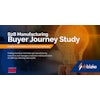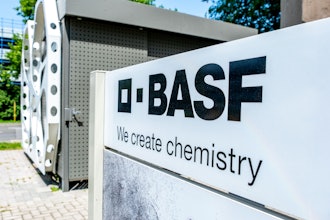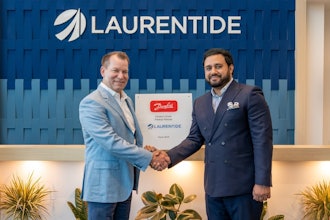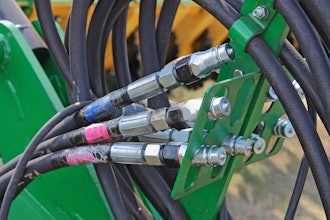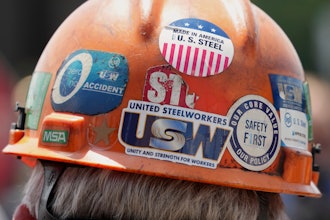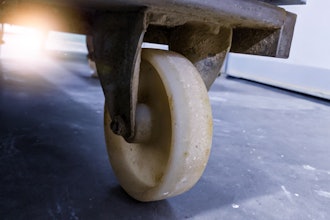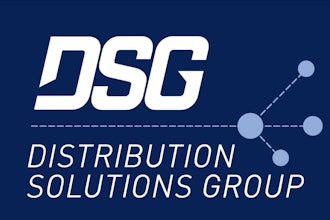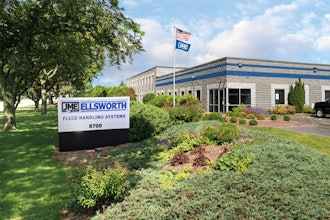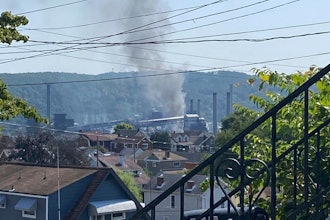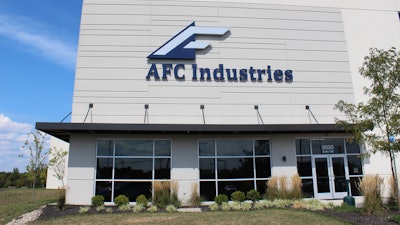
AFC Industries checks many of the same boxes as your average industrial supplier. Based in Fairfield, Ohio, it brings a hub-and-spoke footprint and a focus on value-added services to its inventory of fasteners and other C-parts.
And, like many of its peers, it touts a culture “devoted to innovation and improvement.”
The difference is that AFC has concrete evidence to back up its commitment to that objective.
The industrial distribution market has long been a category ripe for consolidation, and AFC Industries has taken advantage of this environment in ways that outpace the industry at large.
After acquiring seven companies in 2023, AFC has added another four thus far in 2024, including Globe International (March), Meg Technologies Inc. (May), Circle Bolt & Nut (June) and Forward Industrial Products (July).
Underpinning this strategy is plenty of private equity — moored by Bertram Capital, the PE firm that acquired AFC in 2022. At the time, Bertram referred to AFC as “a consolidator of choice in the fragmented C-parts industry,” citing the company’s proven track record of acquisitions, along with an internal focus on company culture and customer service.
According to CEO Kevin Godin, “It’s an opportunity to be able to continue to grow the business, pick up good talent, pick up good customers, so we continue to be active with M&A and expect to be active there in the future.”
The Right Kind of Acquirer
Culture can be a slippery ambition, and it can be difficult for observers to evaluate whether a distributor is doing right by its business. But for an acquisitive firm, the proof lies in the priorities they lay out for growth: which ones truly matter when the rubber meets the road.
For AFC, acquiring businesses only adds value when done meticulously and, because of its high standards, the company actually declines more deals than it executes.
 Kevin Godin
Kevin Godin
For AFC, these critical priorities include things like deepening the expertise of the management team, improving the company’s access to an attractive end market or adding or enhancing some sort of capability.
As the demographics of the industry continue to support market exits, AFC looks for opportunities where a retiring owner wants to make sure their people and their customers are taken care of.
For AFC, evaluating a good deal at the outset is critical in order to ensure the cultures merge effectively — a challenge that many distributors find easier said than done. For AFC, “It’s making sure that you don’t have a huge divergence at the beginning when you’re selecting which deals to do,” explained Godin. “You want to identify which cultural elements are most important to you and make sure that those align with the targets that you’re interacting with. Because to fully integrate culture takes years. And so, if you’re starting with people heading in opposite directions, that’s going to be extremely challenging. You cannot assess the potential success of a deal just by looking at a spreadsheet.”
The nuts and bolts of this are being “patiently aggressive.” Said Godin, “You’re not going to change everything overnight, but if you’re starting from a common baseline, then you’ve got something to work with.”
Specifically, this includes keeping conversations and decisions focused on the culture you’re looking to reinforce, explained Godin, as well as identifying key champions within the organization. Maybe they don’t have the highest titles, but they play a major role as influencers — so gaining their buy-in is crucial.
“There’s no magic wand; it’s just a lot of work, time and communication.”
Loyalty Led by VMI
Acquisitions are just one part of the AFC growth story. For a fastener distributor, elaborating on your competitive advantage effectively is key to differentiating yourself, an effort Godin sees as being tied to culture, as well.
“Culture and capability both have to be aligned towards whatever you’re trying to do to differentiate yourself,” Godin said. “It’s hard, but it’s not really complicated.”
In sticking to the basics, AFC focuses on listening carefully to the problems of its customers, approaching these with a goal of truly understanding their needs and solving them as if AFC were a direct extension of that buyer.
One of the ways the company supports its clients is through a hub and spoke network that enables them to offer consistent and responsive vendor managed inventory. Godin emphasizes AFC’s ability to maintain customer trust in its VMI, even when the worst of the pandemic meant stockouts for many of the company’s peers. Because of AFC’s foresight, including buffer stocks, it didn’t result in disruptions; in the end, the experience perhaps engendered loyalty.
“I actually think it was beneficial to us in many ways,” said Godin, “because it opened people’s eyes to what we really do for them.”
Distribution Revolution

He believes that data-driven insights and predictive analytics will be critical in the success of a value-added distribution business, and he doesn’t just mean AI: despite the attention this buzzword has netted over the last two years, “it’s broader than that.
“It’s the whole way people process decision-making. And so, if we can do well in terms of developing robust data-driven insights and predictive analytics, we can deploy that towards the customer and that will help us optimize inventory management, prevent stockouts, prevent overstocks, improve our responsiveness and anticipate needs,” said Godin. “For us, it’s about positioning the business to be able to continue to solve problems.”
Some of the future problems for the industry, in Godin’s opinion, are the same ones we see now, including labor availability, as well as regulatory changes and the evolving nature of customer expectations. Still, AFC is poised to solve these problems by way of its advantages, supported by its people.
“You can throw a bunch of tools at people, but if you don’t have the right people you can end up creating a worse problem,” said Godin. “We believe that we take really good care of our customers, and that’s because we have really good people. The speed at which we’re doing both acquisitions and growing, we couldn’t sustain that if we didn’t have a really solid team.”




